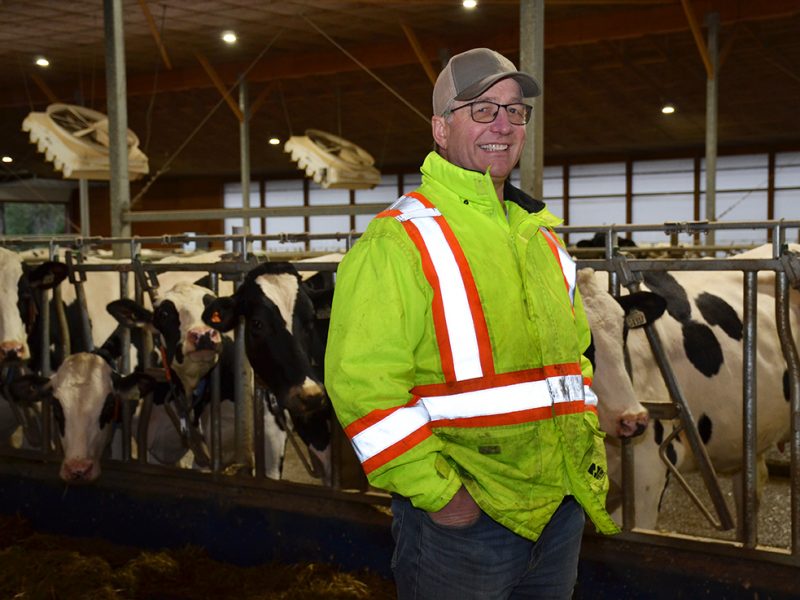BC dairy producers met for business meetings and networking last week, but producer income loomed large on the minds of many.
Price hikes have failed to keep up with rising production costs. Several producers remarked that they’re always two years behind current circumstances.
During the open discussion that followed the annual general meetings of the province’s three dairy organizations on November 22 — held online to facilitate attendance from across the province — the leading question asked what was being done to improve producer income.
BC Dairy Association chair Holger Schwichtenberg said there was no easy answer to the problem, which isn’t unique to BC.
“It is more of a national question than a BCDA or BC Milk [Marketing Board] one,” he said. “We are looking at ways, but that is not solved overnight.”
It’s also an international problem.
Speaking at the BC Dairy Industry Conference on November 24, Christophe LaFougère, who oversees international consulting and market research firm Gira Food’s dairy practice, said Europe’s dairy producers derive their margins from cull cows even with milk prices rising.
“If you take out the meat, you’ve got no margin anymore. So even with such a high price at the moment we still have a problem with margin,” he said.
The problem won’t be going away any time soon as fuel, fertilizer and feed costs remain high, the latter being affected by Russia’s war in Ukraine and climate-related issues.
“The problem we’ve got is that milk will be more expensive, but milk will be more expensive to produce,” he said.
Two key initiatives that could help address BC producer income are greater dairy processing capacity in Western Canada, with a feasibility study underway for a co-pack facility in the region, and the planned Dairy Innovation West plant in Alberta, which will reduce milk transportation costs.
The feasibility study for the co-pack facility, undertaken by KPMG in partnership with the BC Ministry of Agriculture and Food, is expected in early 2023.
Dairy Innovation West, in which BC Dairy holds a 35% stake, was announced in November 2019. The project’s application for financing from Farm Credit Canada remains in process.


 Shuswap water grants offered
Shuswap water grants offered